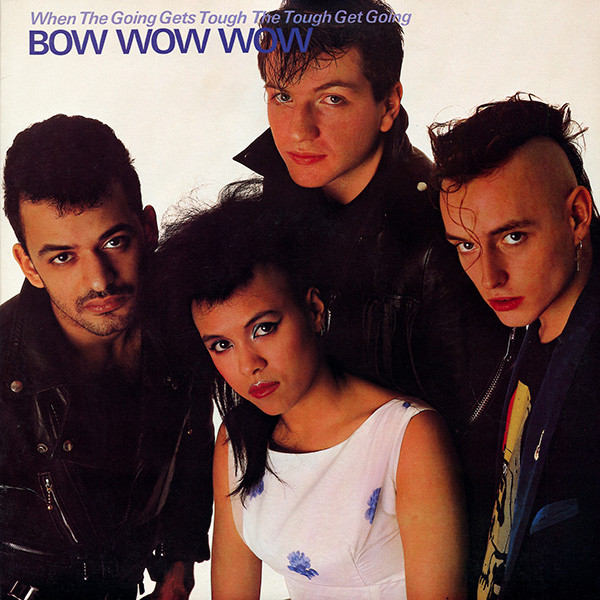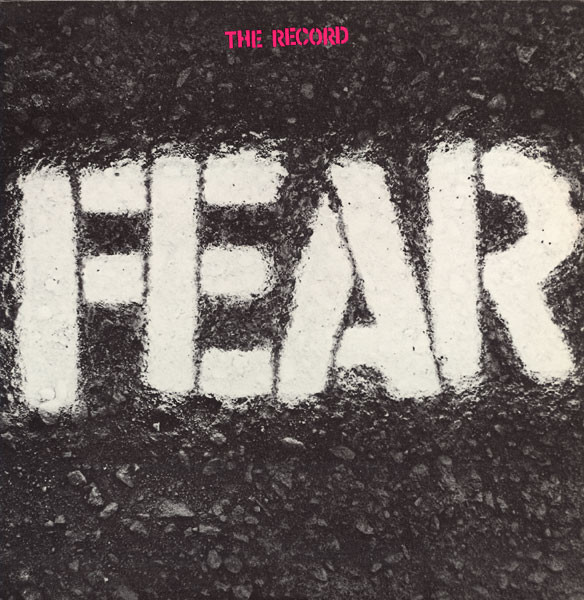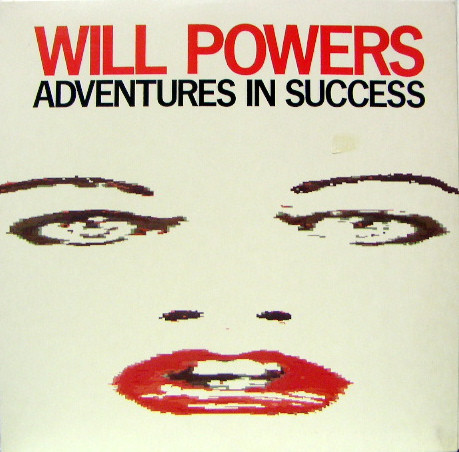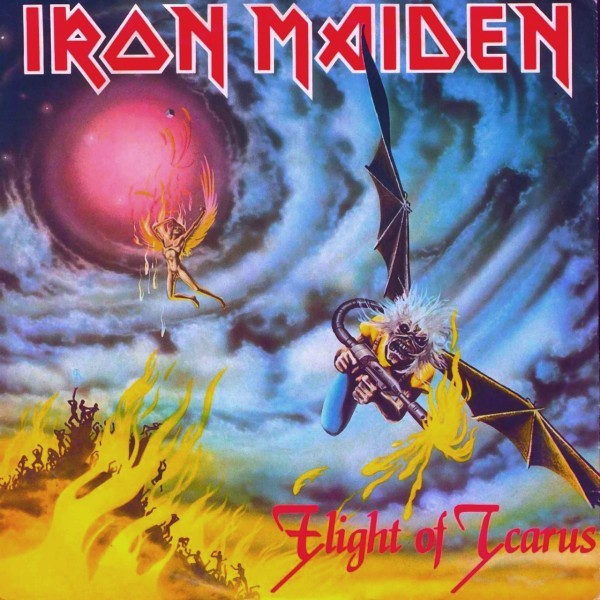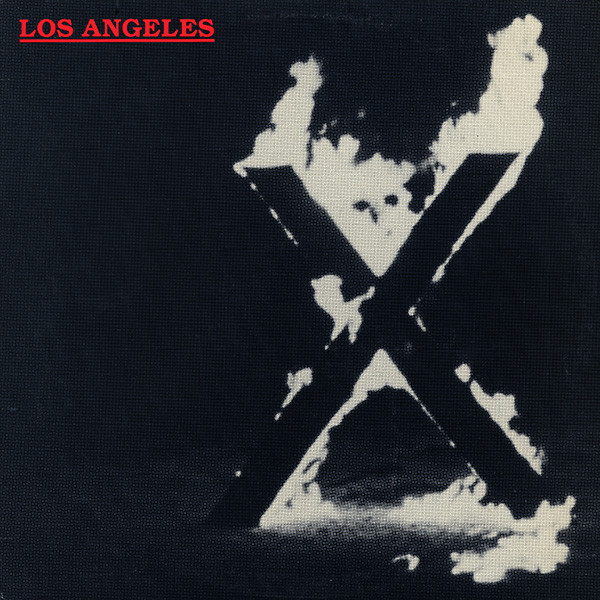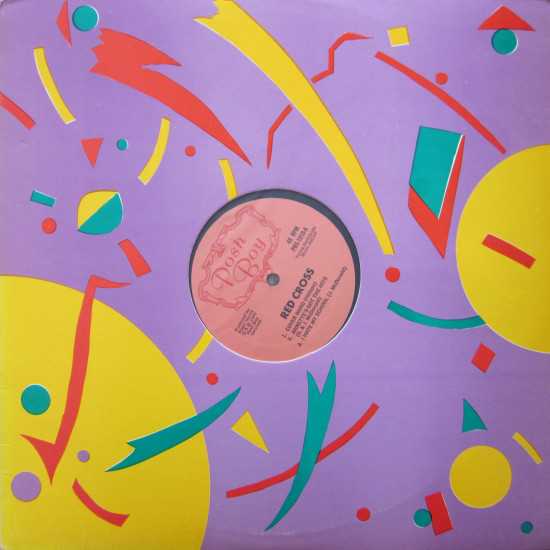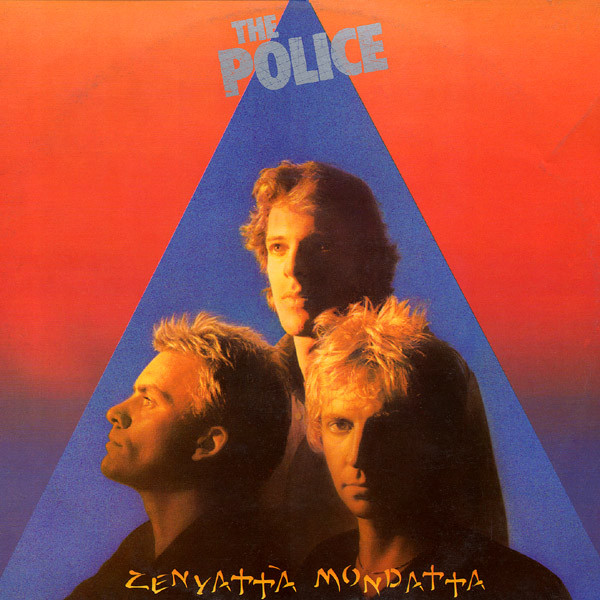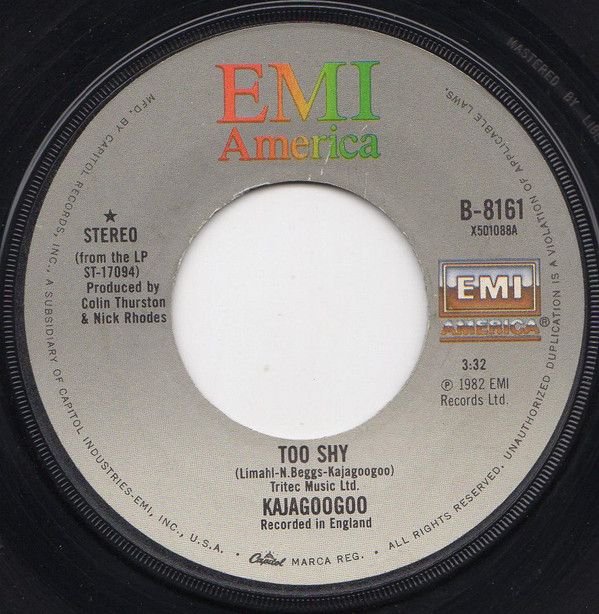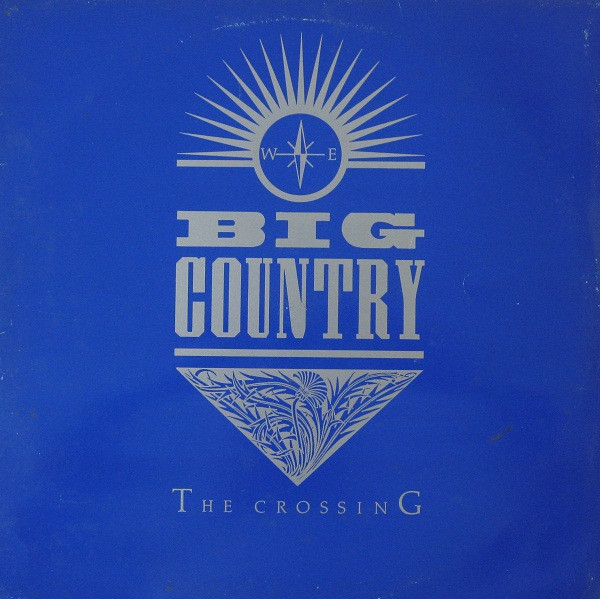
“In a Big Country” (1983) – Big Country * Written by Stuart Adamson, Mark Brzezicki, Tony Butler, and Bruce Watson * Produced by Steve Lillywhite * LP: The Crossing * Label: Mercury * Charts: Billboard Hot 100 (#17), UK Singles (#17) (numerologists take note)
Amid the foggy synths and posh vocals American radio listeners heard in those days, it was likely the guitar bagpipes of Scotland’s Big Country that declared with highest certainty that a British Invasion was on. So distinctive were the twin skirls of Stuart Adamson and Bruce Watson, as showcased on their radio hit “In a Big Country,” that they could have copyrighted the approach. (What is Adamson shouting throughout the song? “Shout,” apparently. But it always sounded to me like “Ciao, hot shot.”)
Theirs was an era when male pop and metal bands alike attempted to out-girl each other in appearance, but Big Country, in their plaid button-downs, offered up a comparatively blokey and earnest middle ground. Their sound was big, too—producer Steve Lillywhite’s extended version of “In a Big Country” was less a dance mix than a muscle mix, ultimately receiving the most airplay and being the one they included on their debut album.
Big Country’s widely viewed music video, which presented the band giving chase to a young woman across pastoral, cottage-dotted landscapes, attempted to undermine any of the music’s muscularity with visual tweeness. Image example 1: The band riding three-wheelers with helmets—sensible and safe but not rock and roll. Image example 2: All four of them getting knocked over like bowling pins by one female. Image example 3: The band darting across the water in an air-pump boat.
The outdoorsy video images would have worked fine, say, for a Hamm’s Beer “Land of Sky Blue Water” ad campaign. And listeners didn’t need to listen closely to the lyrics to surmise that a positive evocation of well-being was at work. But a close listen reveals them to be rather poetic words of encouragement having the power to ease pain and change a life.
Stuart Adamson sang these in 1983, but ended his own life after struggling with alcoholism and depression in 2001, a tragedy that gives “In a Big Country” a poignancy that one hopes will continue affecting people for the better.
As part of the song’s ongoing legacy, I offer up my own experience of seeing Big Country playing live at a small-ish venue in 2013 with Mike Peters (of The Alarm) handling lead vocals. This was a remarkably big-hearted performance, after which all band members passed the mic around to express personal thanks. (Joining guitarist Bruce Watson on the twin guitar attack was his son Jamie.) Peters is a survivor of lymph cancer and chronic lymphocytic leukemia, and it wasn’t until I heard him deliver the “stay alive” refrain as an outright exhortation (“Stay alive!”) that I fully grasped the song’s power a full thirty years after I first heard it.


